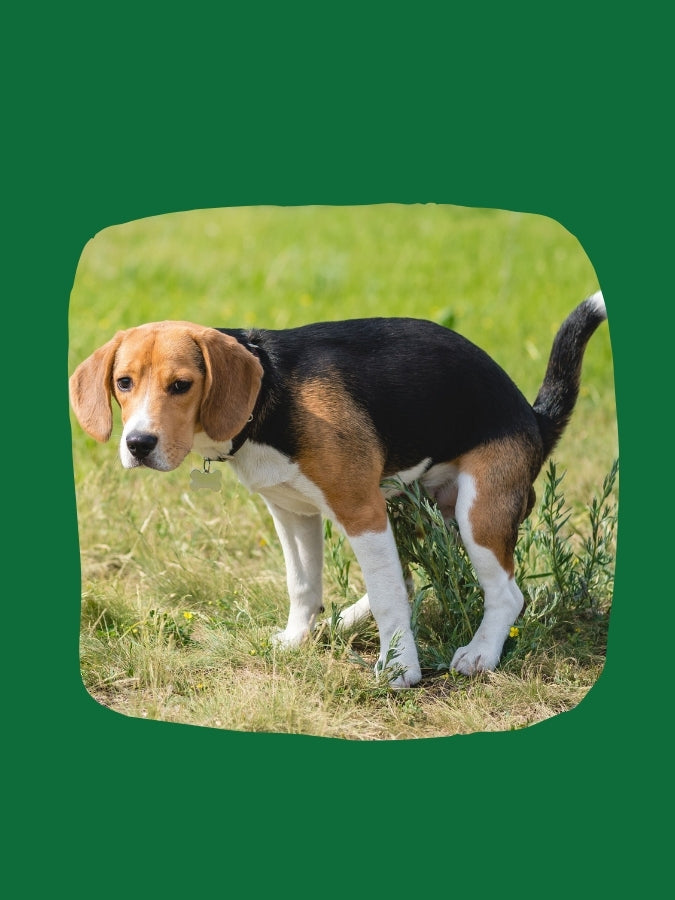
What Is Your Dog’s Poo Telling You?
As a Woefy dog owner, you probably spend a fair amount of time ensuring your furry friend is happy, healthy, and well-fed. But have you ever stopped to consider what your dog’s poo is telling you? It might sound strange, but your dog’s waste can offer valuable insights into their overall health.
The Perfect Poo: What to Look For
Healthy dog poo has a few distinct characteristics. Here’s what you’re aiming for:
-
Shape: It should be log-shaped and hold its form when picked up.
-
Consistency: A firm, pliable texture—not too hard, not too soft.
-
Color: Chocolate brown is ideal. Variations could indicate dietary changes or health issues.
-
Content: It shouldn’t contain undigested food, mucus, or foreign objects.
-
Smell: While poo will always smell, an overpowering or particularly foul odor could point to digestive issues.
When to Be Concerned
Changes in your dog’s poo can be a normal response to dietary shifts, but persistent irregularities may signal a problem. Here are some warning signs to watch for:
1. Diarrhea
Loose or watery stools can indicate:
-
Food intolerance
-
Stress or anxiety
-
Infections (bacterial, viral, or parasitic)
-
More serious conditions like inflammatory bowel disease (IBD) or organ dysfunction
2. Constipation
Dry, hard stools might suggest:
-
Dehydration
-
Lack of dietary fiber
-
Blockages in the digestive tract
-
Underlying illnesses like hypothyroidism
3. Color Changes
-
Black or tarry: May indicate internal bleeding in the stomach or small intestine.
-
Red streaks: Could be fresh blood from the lower digestive tract.
-
Yellow or orange: Possible liver or gallbladder issues.
-
Green: Might point to rapid transit through the intestines or ingestion of grass.
4. Mucus or Greasy Texture
Mucus could indicate colitis, while a greasy appearance might suggest pancreas problems or malabsorption of nutrients.
5. Presence of Worms
Seeing worms or eggs in your dog’s poo is a clear sign of parasitic infection and warrants immediate veterinary attention.
How to Improve Your Dog’s Digestive Health
If you notice issues with your dog’s poo, here are steps you can take:
-
Consult Your Vet: Persistent issues require professional diagnosis and treatment.
-
Monitor Diet: Ensure your dog is eating a balanced, high-quality diet suitable for their breed, size, and age.
-
Hydration: Always provide fresh water to prevent dehydration.
-
Probiotics: Adding a vet-recommended probiotic to their diet can promote gut health.
-
Regular Deworming: Protect your dog from parasites with routine deworming.
Poo Patrol: A Daily Health Check
Inspecting your dog’s poo might not be the most glamorous task, but it’s an essential part of responsible pet ownership. Regular monitoring can help you catch health issues early and ensure your dog stays in tip-top shape.
So next time you’re on poo duty, take a moment to check for these signs. Your dog—and Woefy—will thank you for it!